Superannuation tax increases: Labor’s broken promises of a new way
Albanese Labor’s breach of faith with voters will come back to haunt it.
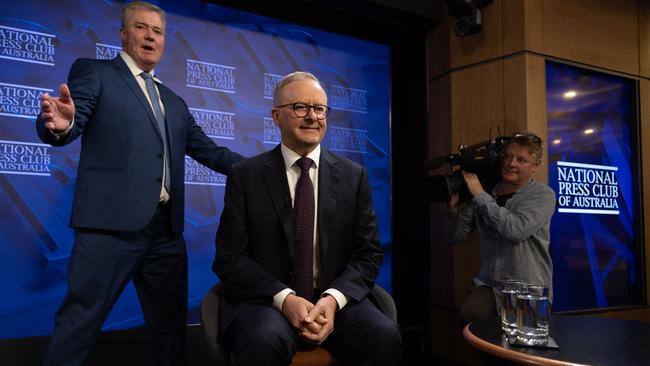
This time it is superannuation tax increases, ruled out less than a year ago but top of the agenda now. We should be outraged, of course, but in reality this is the sort of backflip we have come to expect. These broken pledges not only abuse voters’ trust but undermine the entire democratic project. It is all too self-destructive to be rational, too delusional to be strategy – it must be a tic, our politicians cannot help themselves.
The only other explanation is that they have the intellectual depth and memory spans of Twitter and can think and say only what might get them through another 24-hour news cycle.
Our politicians are highly sentient mammals with careers that span decades, but they are stuck with the strategic and survival instincts of mayflies.
Whether their behaviour is deliberate and deceptive or a hopeless case of reality constantly catching up with and redefining their aspirations, the outcome is the same – a breach of faith with voters that destroys any hope of long-term governance or meaningful reform.
Think of John Howard clearly outlining his GST plan and taking it to the electorate in 1998, placing both faith and agency in the electorate. Then think of every false promise, denial, weasel word and broken promise since.
No wonder we are in strife.
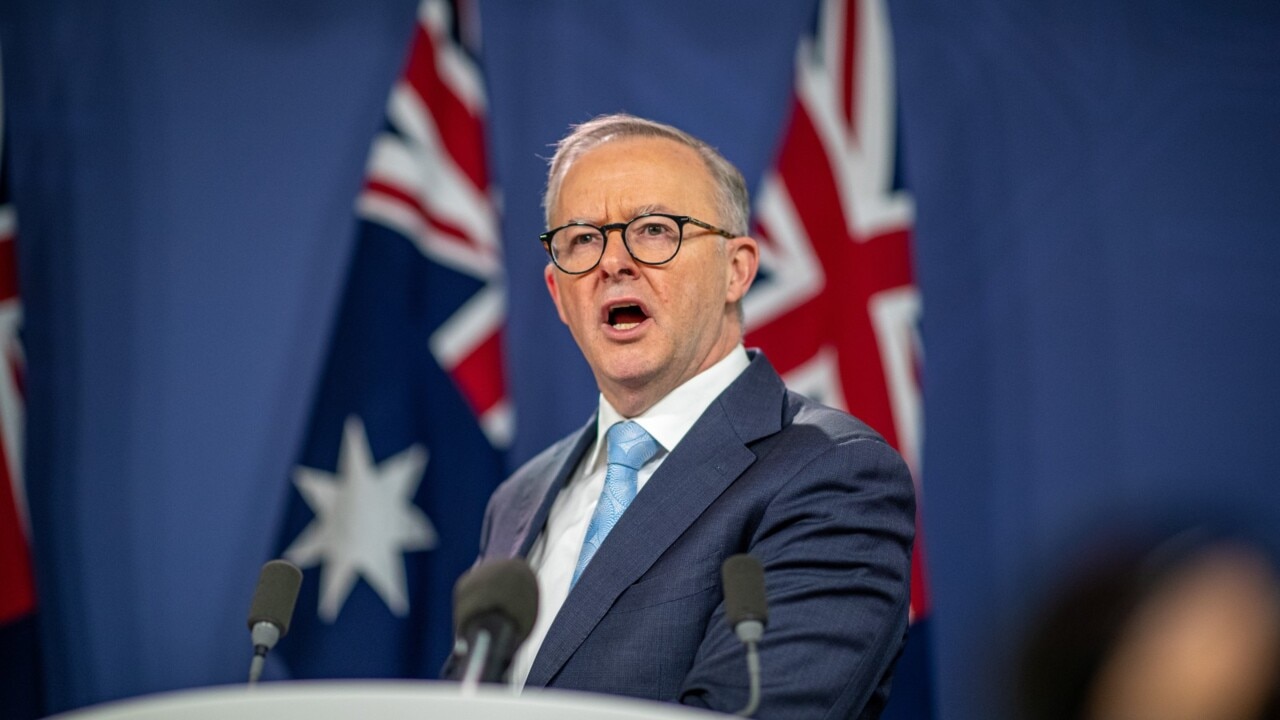
Anthony Albanese and Jim Chalmers are just the latest additions to this gallery of rogues. Kevin Rudd (who promised to turn back boats and govern as an economic conservative) and Julia Gillard (who notoriously ruled out a carbon tax, then introduced one) are emblematic.
But Tony Abbott – who so prospectively declared on the night of his 2013 election victory that his would be a government that “says what it means and means what it says” – brought in a debt levy despite promising no new taxes. Malcolm Turnbull compromised himself on climate and energy to take the prime ministership, then sacrificed the job on the same altar, and Scott Morrison, too, who won an election by opposing irrational climate policies, then short-changed voters and his authenticity by embracing net zero.
A couple of decades ago Peter Costello famously said Mark Latham could not “hold a position from Lateline till lunchtime”. The timelines in the public square have now become so compressed that often the main aim is no longer to hold positions but to avoid them – or at least build in as much wriggle room as possible.
Our politicians baulk at committing to surplus budgets within recognisable time frames or outcomes within a term. They base their rhetoric and campaigning around absurdly distant timelines such as net zero by 2050, when most of them will be in nursing homes or on their third diplomatic sinecure.
Rather than discuss the electricity bill that is crunching family budgets this quarter, our politicians will tell you they are saving the planet by the end of the century. In their highly developed minds they even have thermostats and forecasts far more precise and reliable than anything predicting tomorrow’s maximum, telling us they will limit global average temperature rises to 1.5C by 2100 – or something.

To a grand climate crusader such as Chris Bowen, the mortgage stress and energy bills of constituents must seem like minuscule and tedious distractions from his historic mission to invest tens of billions of dollars transforming our energy system to resolve the climate crisis and cool the planet.
Still, at least those people wondering whether they can afford to use their airconditioners or electric blankets serve a useful purpose by electing such a climate prophet to parliament – his hardworking and frugal constituents are lucky to have him.
Anyway, I digress. What have Albanese and Labor done to breach trust voters this time?
Well, they promised to reduce electricity prices by $275 a year, something they trumpeted a hundred times in the campaign. The trouble is the renewables push they endorse has pushed prices up by double that, with the outlook even worse as Labor promises colossal investments in renewables, storage and transmission that will all be paid for by consumers. And despite all this, their plans still leave us short of dispatchable and reliable energy.
Labor also repeatedly promised to increase real wages which, as it turns out, are shrinking faster than ever. They criticised the Coalition on interest rates, suggesting mortgages would be more manageable under their stewardship – oops, I think we are up to eight rate rises since the change of government, with many mortgage repayments doubling, and more to come.
On border protection it is a mixed bag. Labor promised to scrap temporary protection visas – a reckless and dangerous promise – but they seem to have realised that is madness and have kept the laws on the books. Yet they have given nearly 20,000 people who were on TPVs a new visa and path to permanent residency, complete with family reunion rights – an incredibly generous and risky decision that was not flagged before the election. Whatever the details of this policy shift, if boats start turning up again, Labor will have broken solemn undertakings on border protection for the second time in two decades.
The Prime Minister and his Treasurer now are softening up the country for tax increases on superannuation. The broken promise is clear cut; before the election, on May 2 last year, Albanese said: “We’ve said we have no intention of making any super changes.”
Asked about possible fiddling with superannuation tax treatment two months earlier, Chalmers told ABC’s Insiders that Labor would “maintain the system”.
Yet now, as well as considering tax increases on super, Labor is proposing that funds should be encouraged (directed or coerced?) into investing in the government’s chosen priority sectors. Chalmers identified “areas like affordable housing, climate, the care economy and digital”.
So much for having a portion of your income compulsorily funnelled into superannuation funds that at least, we thought, would seek to maximise retirement returns. Now we are forced to part with our money, and Labor and the unions will use it to fund their pet projects, jeopardising our financial returns.
This daylight robbery is proposed as the same government rejects the Coalition’s policy to allow limited access to super savings to help first-home buyers amass a deposit. In other words, you cannot use your own super savings to help fund your home purchase but your union/industry fund and the Labor government can use your super savings to fund other people’s homes, and Labor’s political priorities, in investments that may or may not deliver you a healthy return.
When they make a movie about all this, they must get Francis Ford Coppola to direct it. The trillions of dollars in superannuation savings the government wants to toy with are indeed an offer we cannot refuse because our contributions are compulsory.
The fact these super changes are imposed by politicians who enjoy incredibly generous, taxpayer-funded retirement packages that deliver better annual incomes than the super nest eggs they are targeting just underscores the hypocrisy and disconnect of the political class.
Democracy relies on open bargains, reliably upheld. If our political system descends into a contest between politicians, voters and interest groups attempting to see what they can get away with, the compact is broken,
Former treasurer Wayne Swan styles himself as a hero of the working class. He is the author of Postcode: The Splintering of a Nation, a book championing equality of opportunity no matter your background, and he is the treasurer who announced four budget surpluses but delivered only record deficits.
By normal standards, Swan is wealthy; semi-retired on an indexed parliamentary pension that would require $4m or $5m in super savings to sustain for a private investor, chairing a major super fund, and never having to worry about where the next hundred grand is coming from.
Yet he urges along his former staffer, Chalmers, to increase taxes on the superannuation of others who might only dream of his financial security. The gall of this – the wealthy chairman of a major superannuation fund, advocating for increased taxes on his members.
Albanese and Chalmers might be learning a crucial political lesson very quickly but all too late. Political capital is notoriously difficult to earn and build, but it is easy to burn.


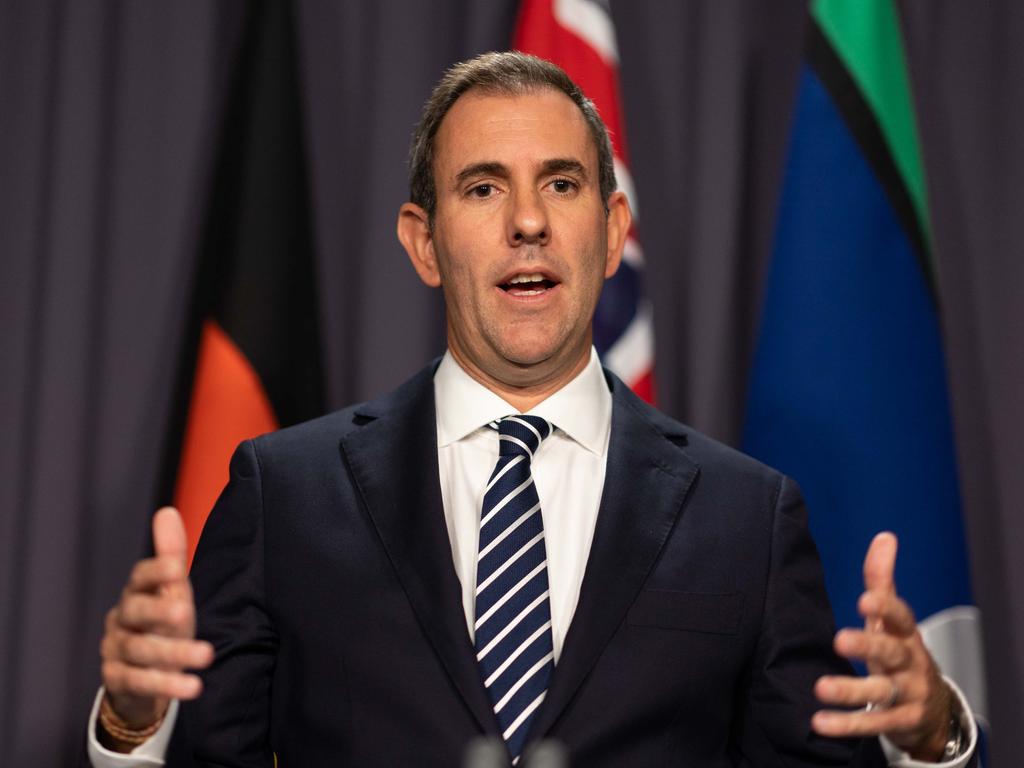
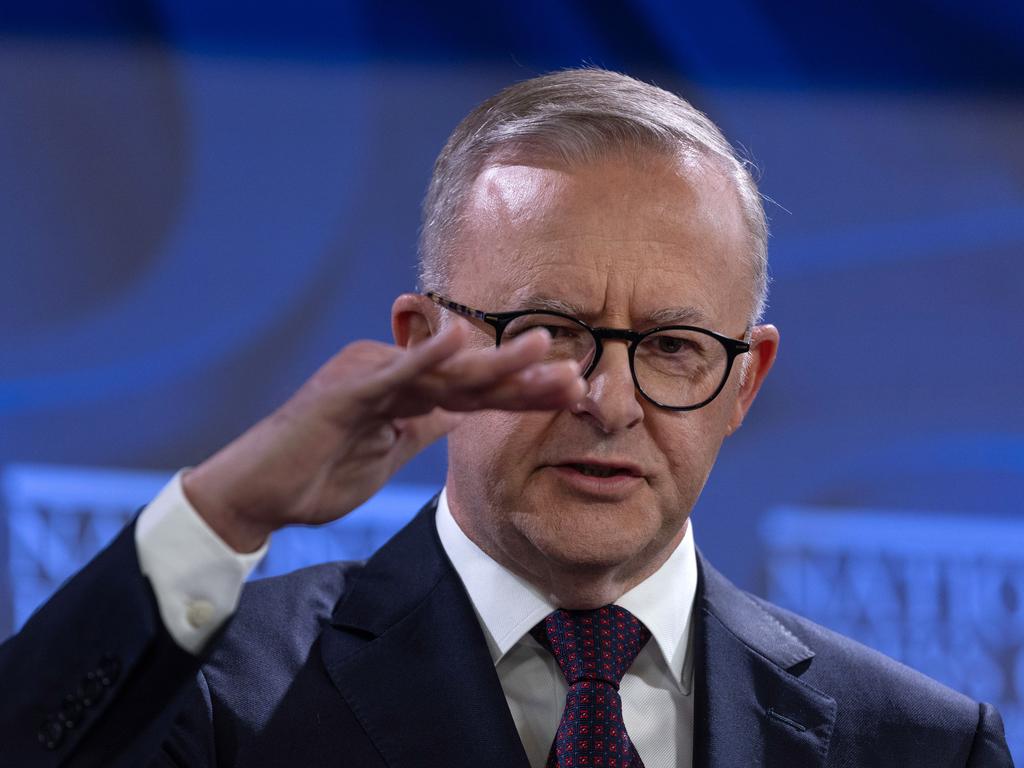


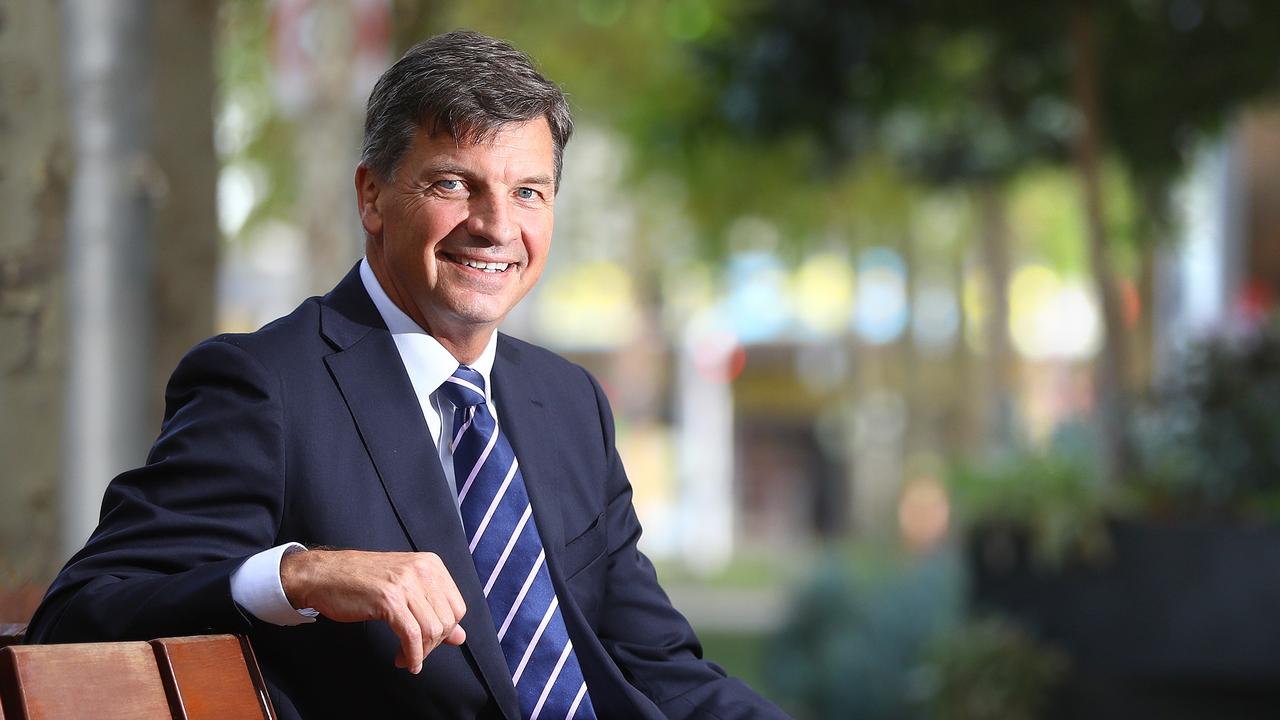
Our political system seems to be suffering Tourette syndrome, the coprolalia version, with the involuntary and repetitive spewing of expletives at voters. How else to explain the endless parade of politicians with muscle memory intent on saying one thing before elections and doing precisely the opposite afterwards?